Pneumococcal disease refers to an array of illnesses caused when the Streptococcus pneumoniae bacteria, also known as pneumococcus, infects various parts of the body. The disease ranges from mild non-invasive infections that affect the nose and ear, to more severe and invasive infections that affect body parts which are usually free from germs, such as the bloodstream.
How it spreads
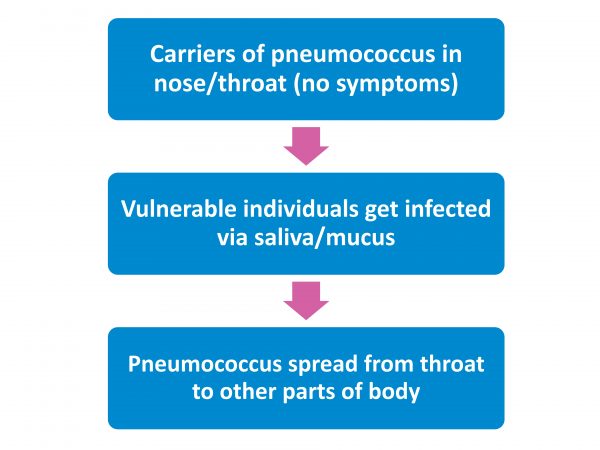
Sinus (cavities around the nose)
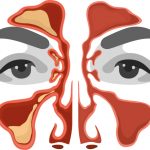
Sinusitis
Symptoms: Aching face, blocked nose, yellow-green nasal mucus, headache.
Complications: Usually mild, rarely causes severe complications.
Middle ear
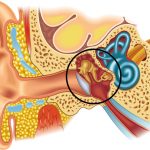
Otitis media
Symptoms: Ear pain, a red, swollen ear drum, fever, sleepiness.
Complications: Usually mild, but may cause hearing loss resulting in speech delay.
Lungs
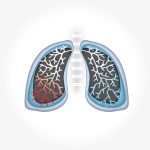
Pneumonia
Symptoms: Fever and chills, cough, rapid or difficulty in breathing, chest pain.
Complications: Empyema (infection of the space between the lungs and chest cavity), pericarditis (inflammation of the sac surrounding the heart, lung abscess (build-up of pus in lungs).
Bloodstream

Bacteraemia
Symptoms: Fever, chills, low alertness, confusion, shortness of breath, high heart rate, extreme pain or discomfort, clammy or sweaty skin.
Complications: Can lead to organ failure, septic shock (blood pressure drops to a dangerously low level), endocarditis (inflammation of the inner lining of the heart), meningitis, and possibly death.
Meninges (membrane covering the brain and spinal cord)
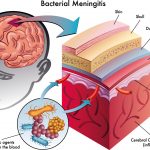
Meningitis
Symptoms: Stiff neck, fever, headache, photophobia (eyes being more sensitive to light), confusion; In babies: Poor eating and drinking, low alertness, vomiting.
Complications: Hearing loss, recurrent seizures (epilepsy), problems with memory and concentration, problems with co- ordination, movement and balance, learning difficulties and behavioural problems, and possibly death.
Fighting pneumococcus
More than 90 strains of pneumococcus have been identified, making it a challenge to control this global pathogen. The best way to prevent pneumococcal disease is by vaccination. Two types of vaccines are currently available to prevent pneumococcal disease.
Pneumococcal Conjugate Vaccine (PCV)
- Protect against 10 or 13 strains.
- Recommended for children from 6 weeks old, adults over 50, and other groups at increased risk, including people with certain medical conditions or compromised immune systems.
- Eliminates pneumococcus from the upper airway.
- Confers community immunity.
Pneumococcal Polysaccharide Vaccine (PPSV23)
- Protect against 23 strains.
- Not effective for children below 2 years old.
- Shorter duration and quality of protection.
- May still carry pneumococcus in airway after vaccination.
- Therefore no herd protection.
Non-invasive pneumococcal diseases, such as otitis media, are common and usually manageable, but they can deteriorate, becoming more severe and lead to invasive pneumococcal diseases, such as meningitis, which can be devastating and fatal. Protect your loved ones from pneumococcal infection and consult your doctor for more information.
An educational contribution by Malaysian Paediatric Association.






Comments